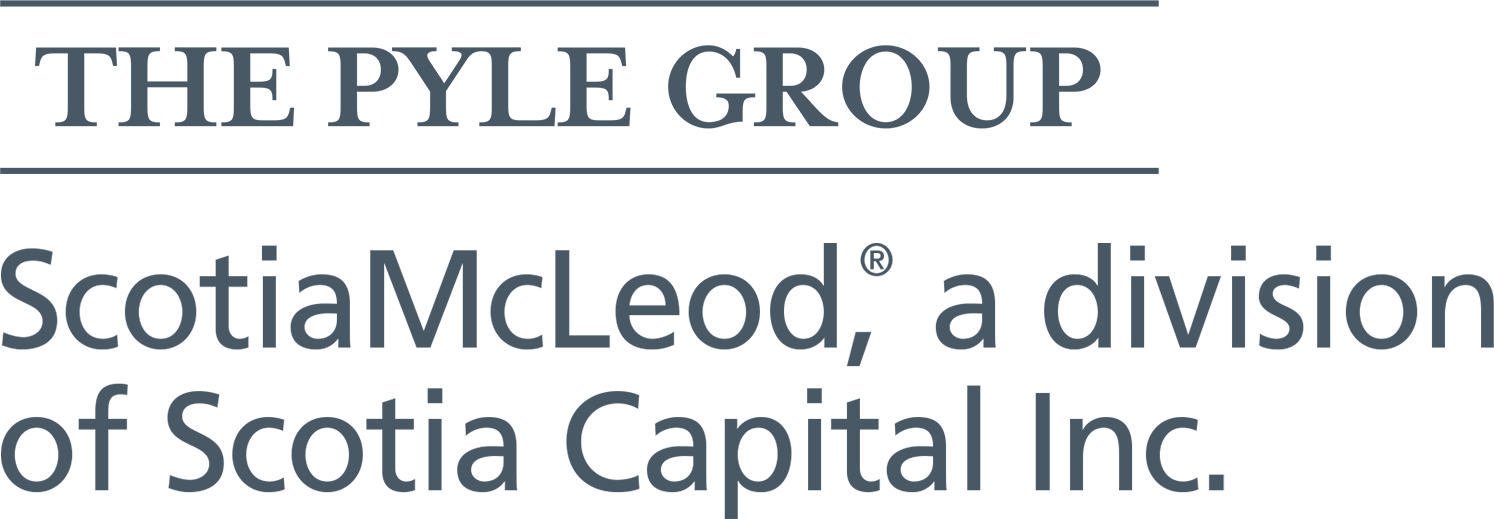Medical Professionals
Discover How We Help
People depend on you as a medical professional every day to make the right decisions. The Pyle Group is here to help lighten your responsibilities with comprehensive financial solutions. Let us assist you with your overall financial picture, co-ordinating with your tax expert, banking specialists, legal professionals, and insurance consultants.
All individuals and businesses are unique when it comes to their financial planning and investment needs; however, medical professionals have found their situations becoming more complex over the past decade with the shift to incorporation. At The Pyle Group we work with doctors, dentists, pharmacists, therapists and veterinarians in establishing customized solutions to fit their needs. This extends from comprehensive cash-flow based planning, to disciplined asset allocation strategies to succession planning and the excellent private banking services of Scotiabank.
With a complete financial outlook we design a portfolio strategy that will maximize your wealth accumulation, minimize tax and investment risk.
A still more effective strategy for the medical professional is to hold either a whole life or universal life policy inside the corporation. Not only are the investments held within the policy tax sheltered, policy premiums can be made from the corporation’s cash flow, without the need of paying out a salary to the professional to fund an individually-held policy.
At The Pyle Group we ensure that an insurance strategy is only implemented once a comprehensive financial plan has been created and a needs analysis performed, taking into account the medical professional’s unique goals and objectives.
- Depending on the age and salary that a professional draws from the corporation the maximum contribution to the IPP will be well in excess of the RRSP maximum
- If a spouse also draws a salary from the corporation they too can have an IPP created
- The ability to fund based on past service (taking account of salaries drawn from the corporation since inception)
- Making a voluntary contribution by rolling in existing RRSP assets into the IPP
- Since investment management fees are not deductible for RRSPs, but allowed for an IPP, this also improves tax efficiency in fee based accounts for the professional
- Assets in an IPP are also creditor proof, where they are not always in an RRSP
Pension regulations require an IPP to show average annual returns of at least 7.5%. Any shortfall, however, will be made up by additional tax-deductible contributions by the corporation. Since many professionals will typically have conservative investment strategies, this makes it more likely that the corporation will have an increased opportunity to put even more capital into the IPP where it will claim a deduction and not be taxed on income from that capital.
